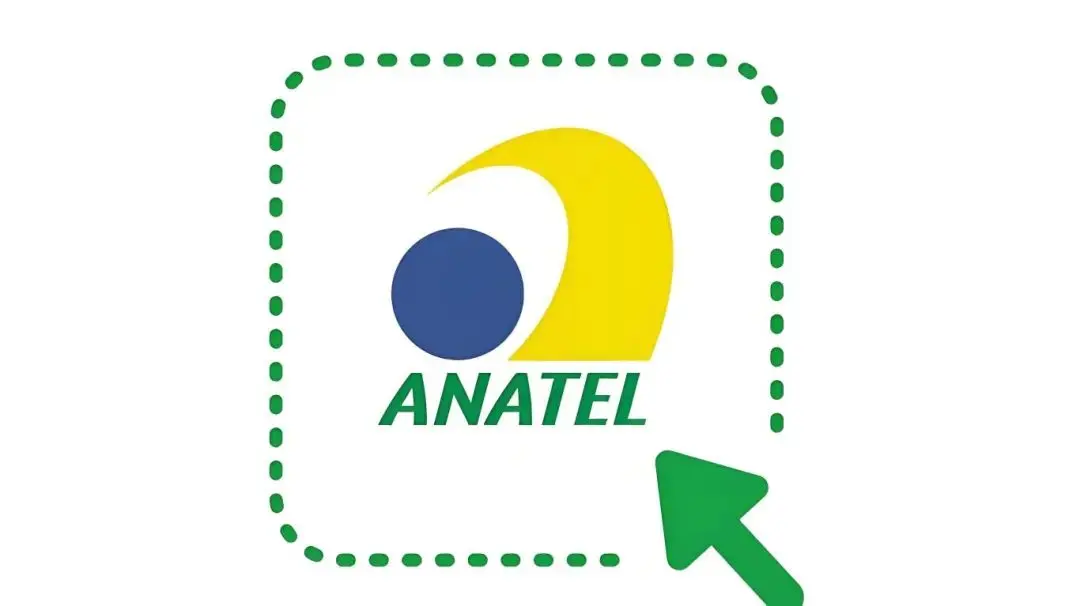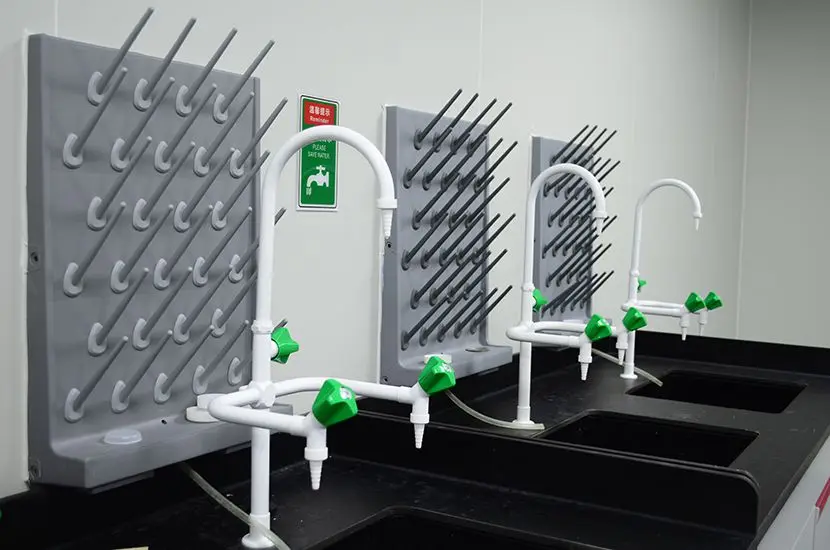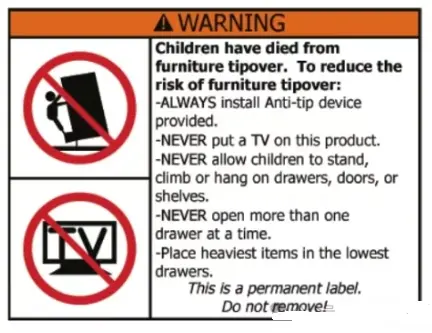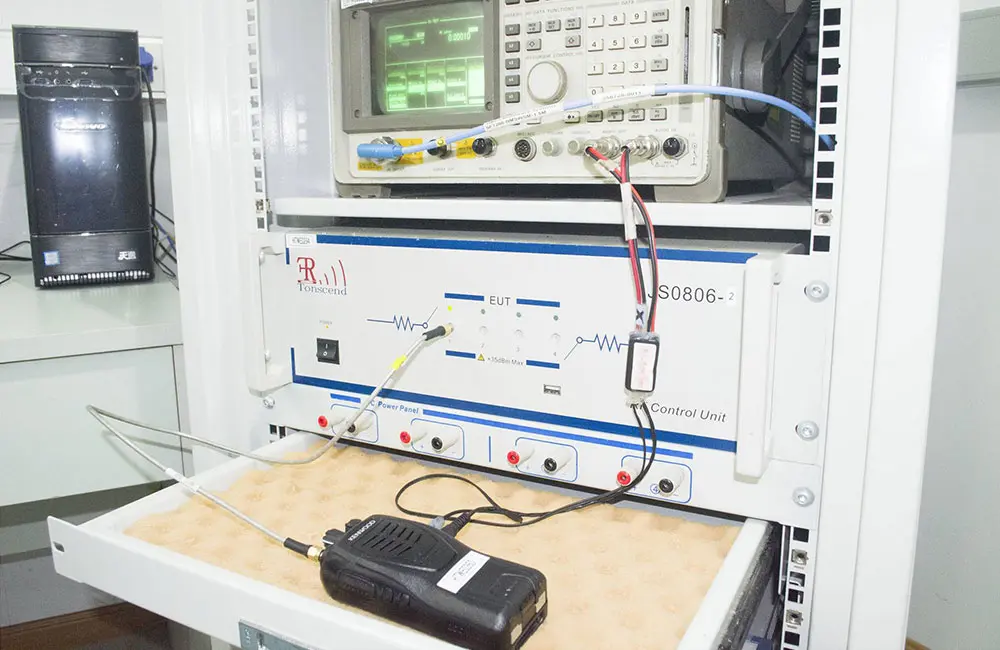
Certification Testing for Onboard Electronic Devices Per EN50155
EN 50155 is a common certification standard for railway products. The 2007 version had been widely used in the industry for many years, and the latest version, published on April 13, 2018, is the 2017 edition. This standard provides guidance on the design, manufacturing, and documentation requirements for equipment installed on railway vehicles and clarifies testing and evaluation methods. The testing section of this standard covers test requirements for electrical safety, electromagnetic compatibility (EMC), and environmental aspects. This article provides a detailed interpretation of these requirements, aimed at offering reference for relevant personnel.
Testing Items:
1. Chassis Port Immunity Test:
- RF electromagnetic field radiation, RF electromagnetic field digital communication device immunity, electrostatic discharge (ESD) test.
2. Power Input Port Immunity Test:
- RF common mode, electrical fast transient (EFT) burst, surge test.
3. Signal and Communication Port Immunity Test:
- RF common mode, EFT burst, surge test.
4. EMI Electromagnetic Compatibility Emission Test:
- Power terminal disturbance voltage (conducted emission), chassis port emission test (radiated emission test).
EMS Immunity Criteria:
- ESD and surge tests adopt criterion B; radiated immunity, EFT burst, and conducted immunity adopt criterion A.
Regarding Radiated Immunity and Radiated Emission Test Frequencies:
- For EN50155 and EN50121-3-2, the test frequencies are required to reach 6GHz.
Surge Test Waveform:
- Uses a 1.2/50µs waveform with 42Ω output impedance and 0.5µF coupling capacitor.
It is worth noting that the EMC requirements of EN50155 are tested according to the EN50121-3-2 standard, and the testing items and requirements are essentially the same.
EN50155:2017 Standard Testing Requirements
1. Safety Tests:
- Dielectric strength and insulation resistance tests, covering insulation resistance and dielectric strength after damp heat and at normal temperature. (Mandatory)
2. Electromagnetic Compatibility (EMC) Tests:
- ESD, conducted disturbance, radiated disturbance, RF electromagnetic field, surge test, conducted immunity, radiated immunity, EFT burst test. (Mandatory)
3. Performance Tests:
- Over-voltage, voltage fluctuation, power interruption tests, power fluctuation test, as required by the technical specifications. (Mandatory)
4. Environmental Adaptability Tests:
- High-temperature, low-temperature, damp heat alternating test, mechanical shock test, long-life vibration, functional vibration tests. (Mandatory)
5. Other Items:
- IP protection rating, enhanced screening, low-temperature storage test, salt spray test, rapid temperature change test, etc. (Optional)
Common EN50155 Testing Content:
- Visual inspection, performance test, low-temperature test, high-temperature test, power fluctuation, power interruption test, insulation resistance, dielectric strength, shock and vibration tests, etc.
How Are the Test Results Presented?
- Generally, compliance with the standard is reflected through a type test report. Among the type test items, the first four are mandatory, while the fifth can be chosen based on the product or customer’s specific needs.
Are There Differences Between EN50155 and IEC60571 Testing Standards?
- The two testing standards are mostly the same with minor differences:
1. In radiated immunity and radiated disturbance tests, the IEC60571 standard only requires a test frequency of up to 1GHz, while EN50155 requires up to 6GHz.
2. For high and low-temperature startup tests, IEC60571 specifies the test temperature points, without needing selection, whereas EN50155 requires selection based on the product’s environmental conditions. There are also slight differences in the alternating damp heat test.
Are There Other Related Standards for Railway Transportation?
- In addition to the above standards, railway transportation also considers EN50121, EN45545, IEC62236, GB/T24338, GB21563, etc., in product design and production to better meet customer requirements.
Is It Necessary to Perform All Tests for EN50155 Certification of Railway Products?
- The mandatory items in the standard must be tested, while other items can be negotiated based on actual needs.
How Long Does the EN50155 Certification Process Take for Railway Products?
- Since the EN50155 standard involves many testing items and requires the submission of specialized documentation, the certification process can be lengthy. Typically, it takes around 15-30 days. We can expedite the process according to the customer's timeline to meet delivery requirements.
Email:hello@jjrlab.com
Write your message here and send it to us
 Australia RCM LOGO Certification
Australia RCM LOGO Certification
 ANATEL Certification Process in Brazil
ANATEL Certification Process in Brazil
 Faucet European Standard EN 817 Testing
Faucet European Standard EN 817 Testing
 ISO 17025 Laboratory Test Report
ISO 17025 Laboratory Test Report
 Temu Requires UN 38.3 Certification
Temu Requires UN 38.3 Certification
 What is the Amazon ASTM F2057 Test Report?
What is the Amazon ASTM F2057 Test Report?
 How to get the Amazon SOR/2016-175 Test Report?
How to get the Amazon SOR/2016-175 Test Report?
 Amazon Electronic Product UL Test Report
Amazon Electronic Product UL Test Report
Leave us a message
24-hour online customer service at any time to respond, so that you worry!




